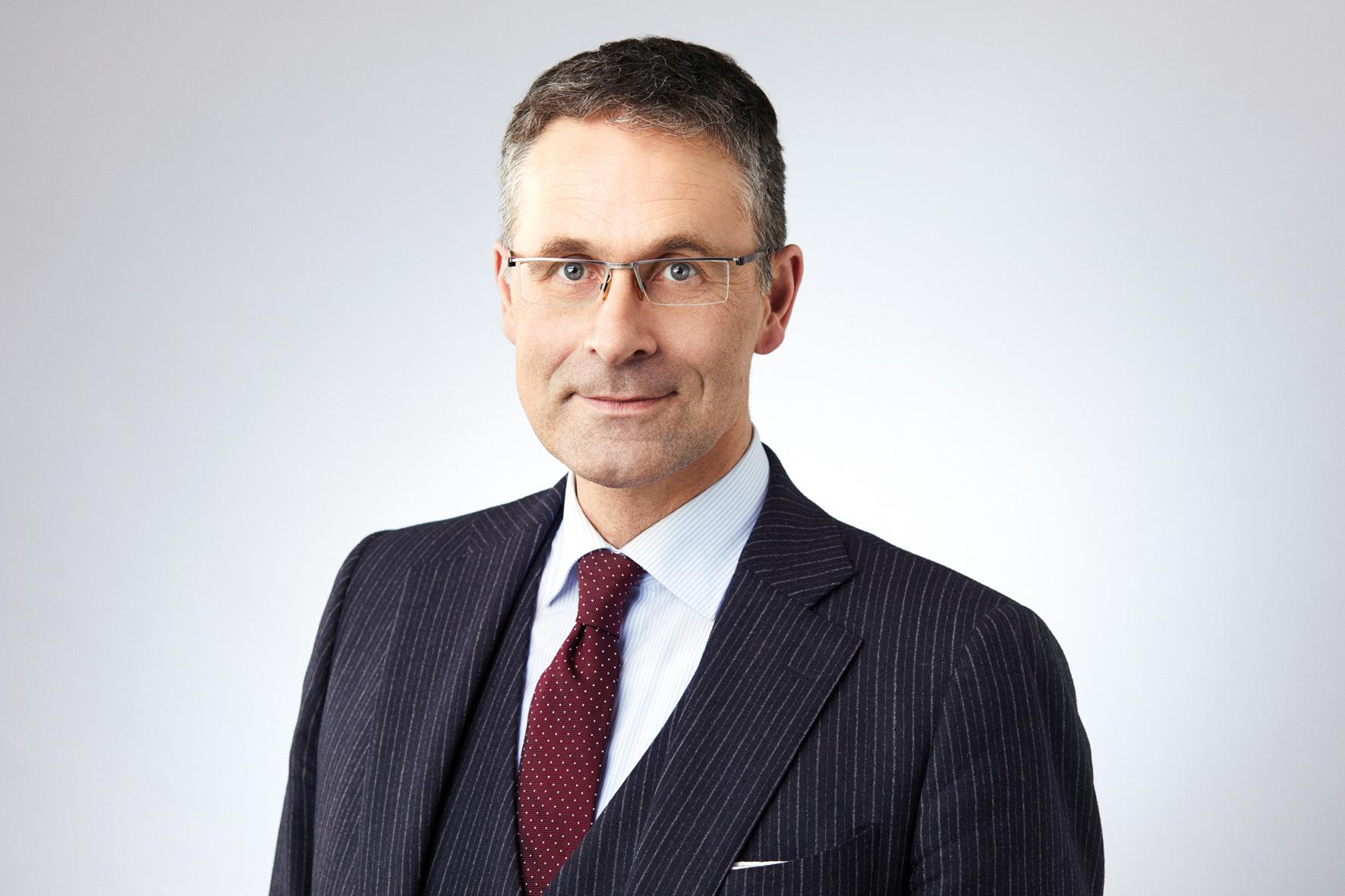Note: The following text is a guest article. They reflect the personal views of the author. The article is not an expression of opinion by the Federal Ministry of Health.
Guest article: Prof. Dr. Andreas Meyer-Lindenberg
Prof. Dr. Andreas Meyer-Lindenberg, President of the German Society for Psychiatry and Psychotherapy, Psychosomatics and Neurology (DGPPN), explains in his guest article why neuropsychiatric symptoms of Long COVID need to be taken more seriously when it comes to care and research in order to improve patients' quality of life.
Published on 13.10.2023

© ZI | Daniel Lukac
So what are the disease mechanisms at the root of Long COVID? This is a question that researchers are investigating in great depth so as to be able to develop effective treatment options for patients affected by the disease - there is still a lot that is not known. However, here is what we do know: Unlike acute COVID-19 infection, neuropsychiatric symptoms such as fatigue, memory problems or sleep disorders play a major role. Their consequences must not be neglected. In order to be able to optimally treat those affected by Long COVID, it is necessary to pay more attention to these symptoms, which are often very distressing, in the therapy and to focus more on research.
The most frequent symptoms of Long COVID are of a neuropsychiatric nature
In contrast to acute SARS-CoV-2 infection, Long COVID is dominated by neuropsychiatric symptoms such as fatigue, memory problems, anxiety, depression and sleep disorders. Current study results indicate that eight of the ten most common Long COVID symptoms are neuropsychiatric. We estimate that about one third of patients suffer from a neurological or mental illness after a COVID-19 infection and that these illnesses occur more frequently after a COVID-19 infection than after influenza or other respiratory infections. In addition, it is known that people with pre-existing mental health conditions have a higher risk of developing Long COVID.
A holistic view of Long COVID is imperative
Precisely because the disease mechanisms underlying Long COVID have not yet been clarified, a multifactorial approach is essential. Such an approach must take into account the biopsychosocial aspects of the disease. For example, complex pathophysiological changes caused by inflammation can affect the peripheral and central nervous systems and also be associated with neuropsychiatric symptoms. In addition, there are psychological factors such as expectations and beliefs regarding a disease. They affect the perception and evaluation of physical symptoms and are equally significant in how a disease is managed. The social dimension, which looks at interpersonal relationships or the way society deals with a disease, can also influence the course of the disease and recovery.
An exclusive focus on biological aspects, as is currently the case, does not do justice to the experience of many people with long-COVID, nor does an exclusion of all biological causes. It also makes it much more difficult to gain a deeper understanding of the disease and to gain important scientific insights. However, this is an integral prerequisite for deriving effective treatment options from already established therapies and, in addition, for developing new procedures that benefit patients.
The best possible health care must be provided in a multi-professional and coordinated fashion.
In conversations with those suffering from the disease, it becomes evident that there is much unmet need for help. At the same time, the large number and variety of reported symptoms pose challenges
for many doctors, because they necessitate more than the knowledge of a single specialty. Since there is currently no therapy that directly addresses the disease mechanisms, treatment must target individual symptom complexes. We should therefore focus on establishing and expanding interdisciplinary and multiprofessional therapy services. Involving psychiatric expertise is vital in order to provide optimal health care for people affected by Long COVID. Neuropsychiatric symptoms in particular, which are very stressful for those afflicted, can be significantly reduced with psychotherapeutic, rehabilitative and medicinal procedures, for instance. This also applies to the very common sleep disorders.
Research initiatives must include neuropsychiatric expertise
Many research questions around the development and treatment of Long COVID are unresolved at present. Again, interdisciplinary and transdisciplinary research initiatives that incorporate neuropsychiatric expertise are warranted. The research into the cause of the disease, which goes beyond a temporal connection between symptoms and a previous infection, must continue to be a priority. In the area of clinical trials, the challenge is to explore how drug and non-drug interventions can be used independently or in combination to successfully provide treatment for Long COVID. It is of utmost importance that the perspective of patients is taken into account: Affected people and relatives must be brought into the research process as coherently as possible in order to ensure the relevance of the research results for practice and to actually improve the lives of people affected by Long COVID.
Long COVID will remain a major challenge for our society and the health system for the foreseeable future, calling for an interdisciplinary and multiprofessional approach. Our goal is to sustainably improve the health and quality of life of people with Long COVID. Incidentally, this also includes actively counteracting the stigmatisation to which people suffering from neuropsychiatric symptoms are often exposed.
Vita
Prof. Dr. med. Andreas Meyer-Lindenberg is President of the German Society for Psychiatry and Psychotherapy, Psychosomatics and Neurology (DGPPN), the largest medical-scientific professional society for issues pertaining to mental illness in Germany. The DGPPN pools the expertise of more than 11,000 specialists in psychiatry and psychotherapy who work in the field of mental health in university clinics, hospitals, outpatient practices and research. He is a specialist in psychiatry and psychotherapy and in neurology and has been the director of the Central Institute for Mental Health in Mannheim and the clinic for psychiatry and psychotherapy there since 2007. He also teaches as a professor of psychiatry and psychotherapy at the University of Heidelberg and at the Mannheim Medical Faculty.
